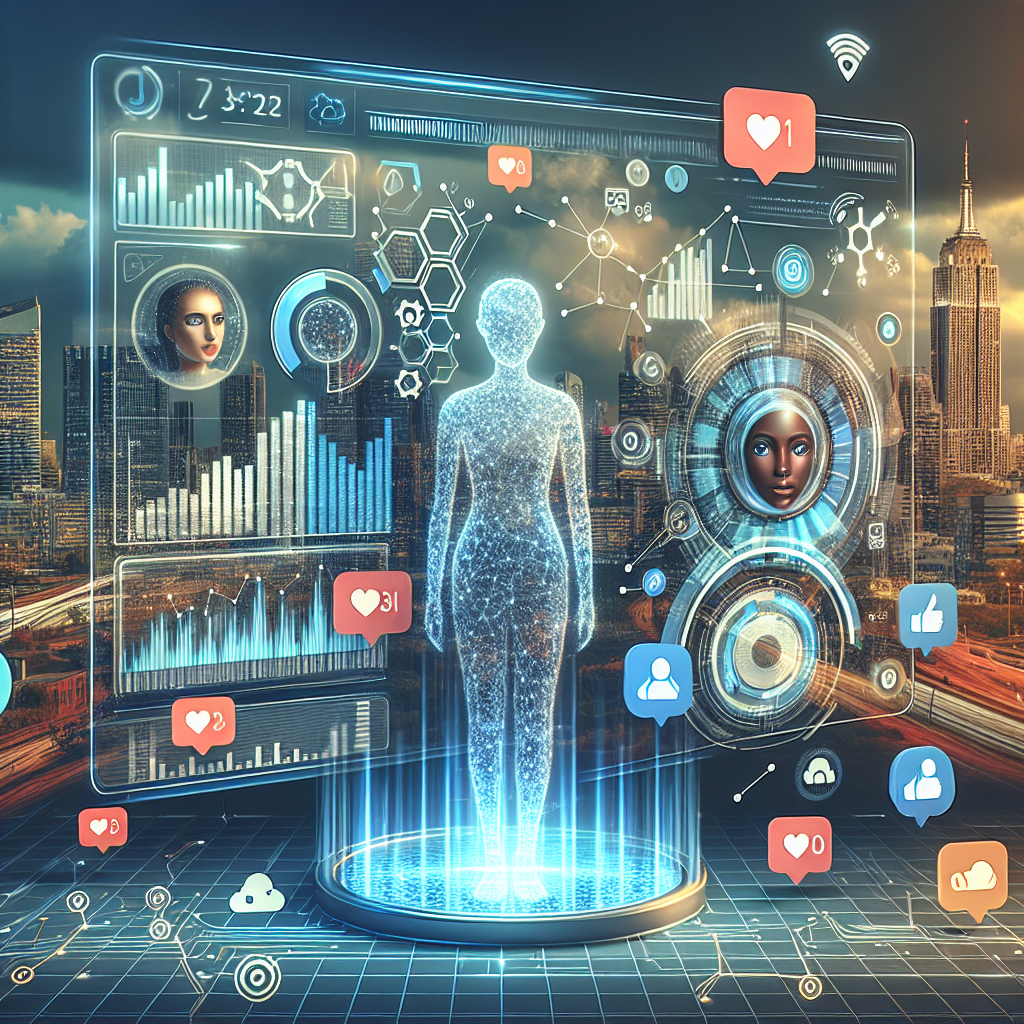In recent years, influencer marketing has become an integral part of many brands’ marketing strategies. By partnering with influencers, companies can reach a wider audience, build brand awareness, and drive sales. With the rise of artificial intelligence (AI), the landscape of influencer marketing is set to undergo significant changes. In this article, we will explore the future of AI in influencer marketing campaigns and how it will impact the industry.
AI in Influencer Marketing Campaigns
AI technology has the potential to revolutionize influencer marketing campaigns in several ways. One of the most significant benefits of AI is its ability to analyze large amounts of data quickly and accurately. This can help brands identify the right influencers to partner with based on their audience demographics, engagement rates, and content quality.
AI can also help brands optimize their influencer marketing campaigns by providing insights into the best times to post, the most effective content formats, and the optimal frequency of posts. By analyzing data from past campaigns, AI can help brands make data-driven decisions that lead to better results.
Another way AI is changing influencer marketing is through the use of chatbots and virtual influencers. Chatbots can be used to interact with followers on social media platforms, answer questions, and provide personalized recommendations. Virtual influencers, on the other hand, are computer-generated characters that can be used to promote products and services without the need for a human influencer.
The Future of AI in Influencer Marketing
As AI technology continues to evolve, the future of influencer marketing will likely be shaped by several key trends. One trend is the use of AI-powered analytics tools to track and measure the success of influencer marketing campaigns. These tools can provide brands with real-time insights into campaign performance, allowing them to make adjustments on the fly to optimize results.
Another trend is the rise of micro-influencers, who have smaller but highly engaged audiences. AI technology can help brands identify and partner with micro-influencers who are the best fit for their target audience, leading to more authentic and effective marketing campaigns.
AI is also likely to play a role in influencer fraud detection. By analyzing engagement metrics and other data points, AI algorithms can detect fake followers, likes, and comments, helping brands avoid partnering with influencers who engage in fraudulent practices.
FAQs
Q: How can AI help brands identify the right influencers to partner with?
A: AI can analyze data such as audience demographics, engagement rates, and content quality to help brands identify the influencers who are the best fit for their target audience.
Q: How can AI optimize influencer marketing campaigns?
A: AI can provide insights into the best times to post, the most effective content formats, and the optimal frequency of posts, helping brands make data-driven decisions that lead to better results.
Q: What are some examples of AI-powered tools that can help brands with influencer marketing campaigns?
A: Some examples of AI-powered tools include analytics platforms that track campaign performance, chatbots that interact with followers on social media, and virtual influencers that promote products and services.
Q: How can AI help brands detect influencer fraud?
A: AI algorithms can analyze engagement metrics and other data points to detect fake followers, likes, and comments, helping brands avoid partnering with influencers who engage in fraudulent practices.
In conclusion, the future of AI in influencer marketing campaigns is bright. By leveraging AI technology, brands can identify the right influencers, optimize their campaigns, and avoid fraud. As AI continues to evolve, we can expect to see even more innovative applications of this technology in the influencer marketing space. Brands that embrace AI-powered influencer marketing strategies will be well-positioned to succeed in the increasingly competitive digital landscape.

